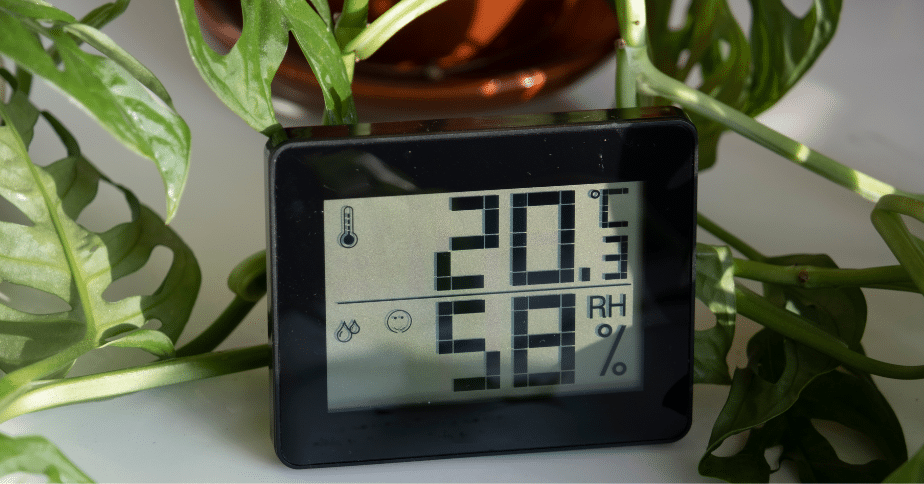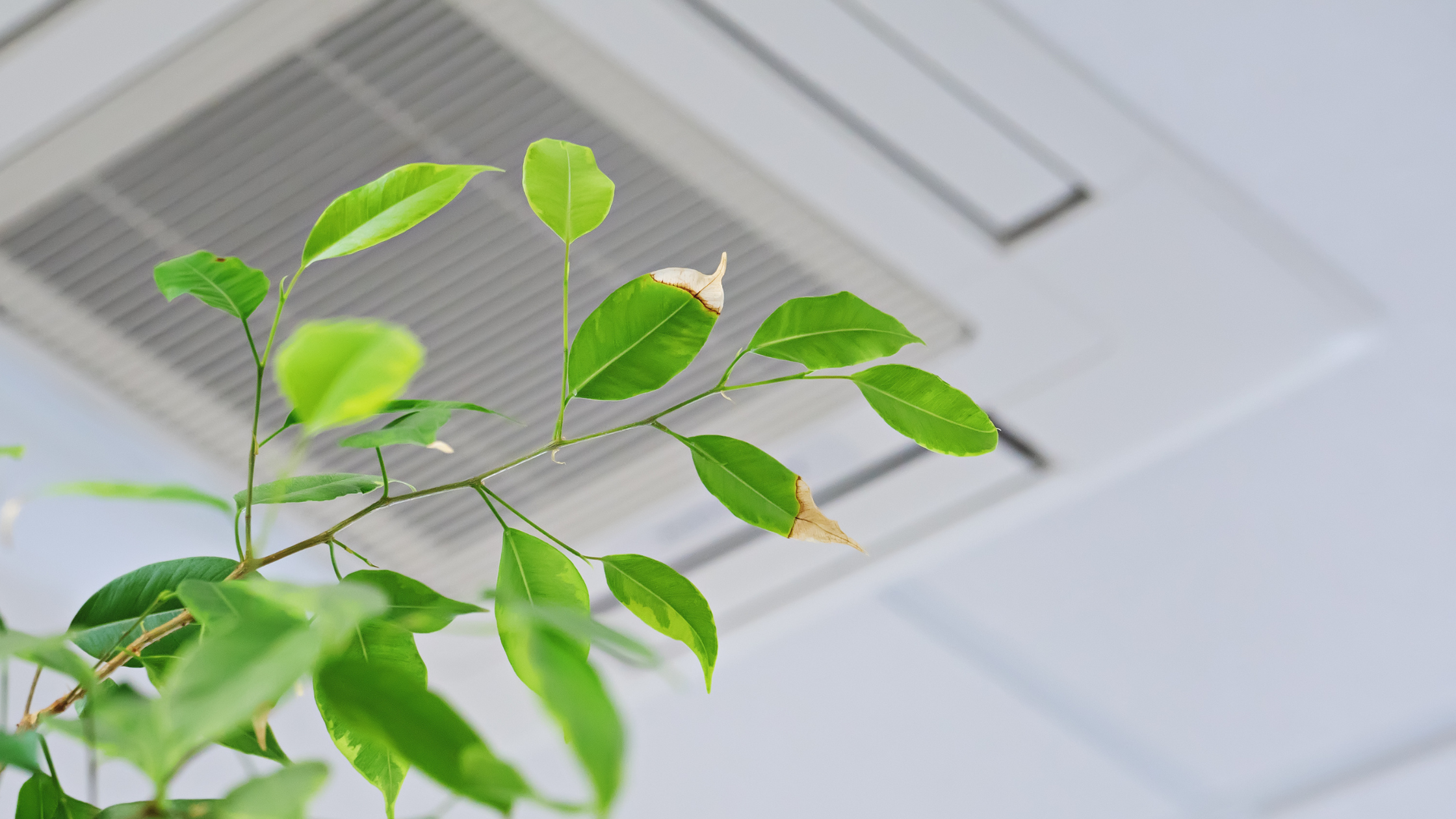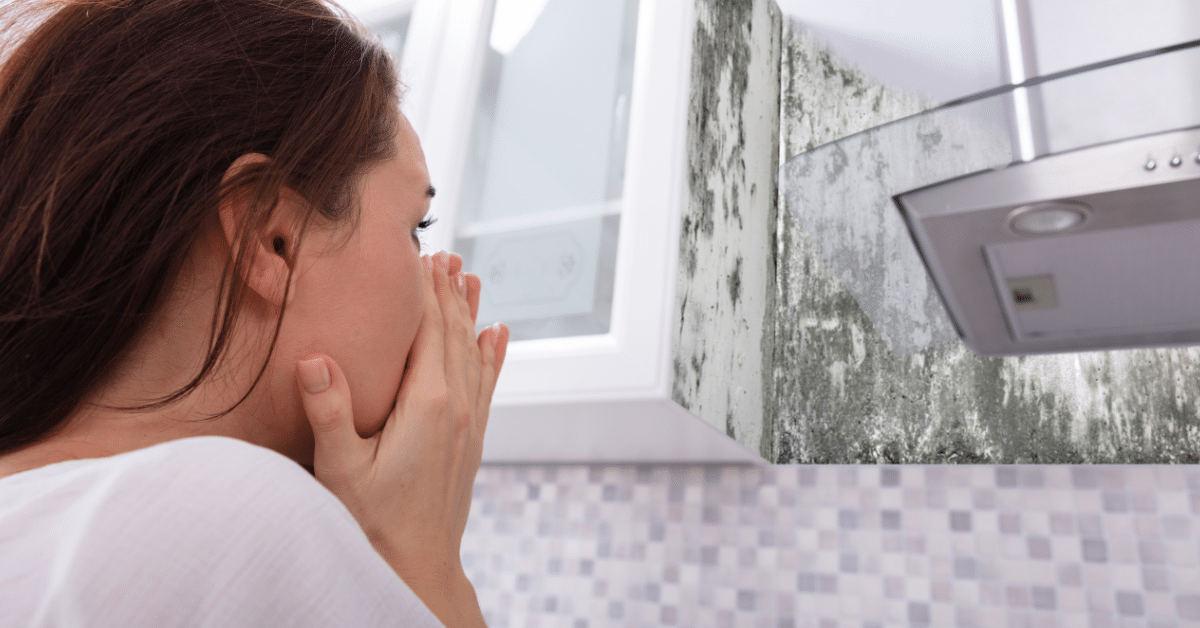How to Improve Indoor Air Quality for a Healthier Home

Poor indoor air quality can lead to a number of health problems. In fact, it is now considered one of the top five environmental risks to public health. Many people do not realize how important it is to have good indoor air quality until they start experiencing the symptoms of poor air quality.
If you are looking for ways to improve your indoor air quality, you are in the right place. In this article, we will discuss some easy ways that you can improve the air quality in your home and protect your family’s health.
Air has been a huge part of human life since the beginning. We need air to live, and it is one of the most basic necessities for survival. However, the air that we breathe is not always clean and healthy. In fact, indoor air can be up to five times more polluted than outdoor air.
A number of health problems, including headaches, fatigue, respiratory infections, and even cancer can be obtained from poor indoor air quality.
Factors Affecting Indoor Air Quality
There are many factors that can affect indoor air quality and most of them are within our control. Some of the most common indoor air contaminants include:
- Chemicals: Cleaners, paints, and other chemicals can release harmful pollutants into the air.
- Mold and dust mites: These allergens can cause respiratory problems.
- Radon: A radioactive gas that can be found in some homes. It is the leading cause of lung cancer among non-smokers.
- Cigarette Smoke: One of the most harmful indoor air pollutants. It can cause a number of respiratory problems, including cancer, especially to any second-hand smokers in the home.
Common Air Pollutants and Their Health Effects
Other than the mentioned factors that affect indoor air quality, there are also common indoor air pollutants that have to be taken into consideration. Each one can have different health effects. Indoor air pollutants that are often encountered include:
- Carbon monoxide: Can cause headaches, dizziness, and even death.
- Nitrogen dioxide: Can cause respiratory problems and aggravate asthma.
- Sulfur dioxide: Can cause respiratory problems and aggravate asthma.
- Lead: Can cause developmental problems in children and various health problems in adults.
- Benzene: Can cause cancer.
- Toluene: Can cause nervous system damage.
- Xylene: Can irritate the skin, eyes, nose, and throat.
- Formaldehyde: Can cause cancer.
Easy Ways To Improve Indoor Air Quality
Now that we know some of the indoor air pollutants that can affect our health, let us discuss some ways to improve indoor air quality.
Improving one’s indoor air quality does not have to be complicated. There are a number of simple things that you can do to make a big difference. Some easy ways to improve indoor air quality include:
Change your Home’s AC Filters
Air-conditioning system has been part and parcel of everyday life, especially in countries with a tropical climate. It helps to improve indoor air quality by circulating and filtering the air inside your home.
However, in order for it to work effectively, you need to change the filters regularly. Depending on the type of filter that you have, it should be changed at least every three months. Furthermore, this can also help to prolong the lifespan of your AC unit.
Air Filters Must Not Be Forgotten
AC filters are not the only filters that you need to change regularly. All filters, whether they are in your air conditioner, furnace, or even your vacuum cleaner, need to be changed frequently.
This is because they can get clogged with dust and other pollutants over time. When this happens, they will no longer be able to effectively filter the air, which can lead to indoor air pollution.
Regular Checking of Air Ducts
When was the last time you checked your air ducts? If you cannot remember, then it has probably been a while. Dust and other pollutants can accumulate in air ducts over time, which can lead to indoor air pollution. This can lead to uncomfortable temperatures in your home and can also cause respiratory problems. To prevent this from happening, it is important to regularly check your air ducts and clean them if necessary.
Start Using Cooking Vents
It is not a surprise that a lot of air pollutants can come from cooking. When you cook, smoke and other pollutants are released into the air. This can be a problem if you have asthma or other respiratory problems. To avoid this, it is important to use cooking vents when cooking. This will help to remove smoke and other pollutants from the air, making it safer for you to breathe.
Rugs and Carpet Cleaning
Dust, pollen, and other allergens can accumulate in rugs and carpets over time. This can also lead to indoor air pollution and can trigger allergies or asthma. To avoid this, it is important to regularly clean your rugs and carpets weekly! You can do this yourself or you can hire a professional carpet cleaner.
Proper Humidity Control
Too much or too little humidity in your home can lead to indoor air pollution. Too much humidity can cause mold and mildew to grow, while too little humidity can cause dust and other pollutants to become airborne. To control the humidity in your home, using a humidifier or dehumidifier can solve your worries.
Plants, Plants, Plants!
The best alternative solution to indoor air pollution is none other than plants. Plants help to purify the air by absorbing pollutants and releasing oxygen. Not only that, they also help to improve the aesthetics of your home. Small plants such as Aloe Vera, Spider Plants, and Peace Lilies are some of the best indoor plants that can help to improve air quality.
—
These are just some of the ways that you can improve indoor air quality. By making small changes in your home, you can make a big difference in the air that you and your family breathe. Indoor air pollution can have long-term repercussions and should not be taken lightly. Take action today and start making changes to improve the indoor air quality in your home.
How Can Air Quality Assessors Help?
Mold, dust, and other pollutants lower your indoor air quality and weaken your immune system. If you notice that you have a problem with mold or mildew in your home, it is best to enlist the help of a professional.
Contact AQA if you have any questions or concerns about mold in your home or business. With their combination of experience and knowledge, you can ensure that our team will handle everything properly.



